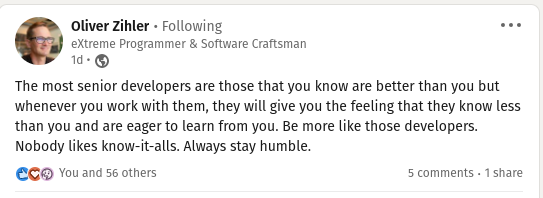
Samuel Taggart
The official "Architect of Adventure". I help teams create healthy, human-centered software development processes.





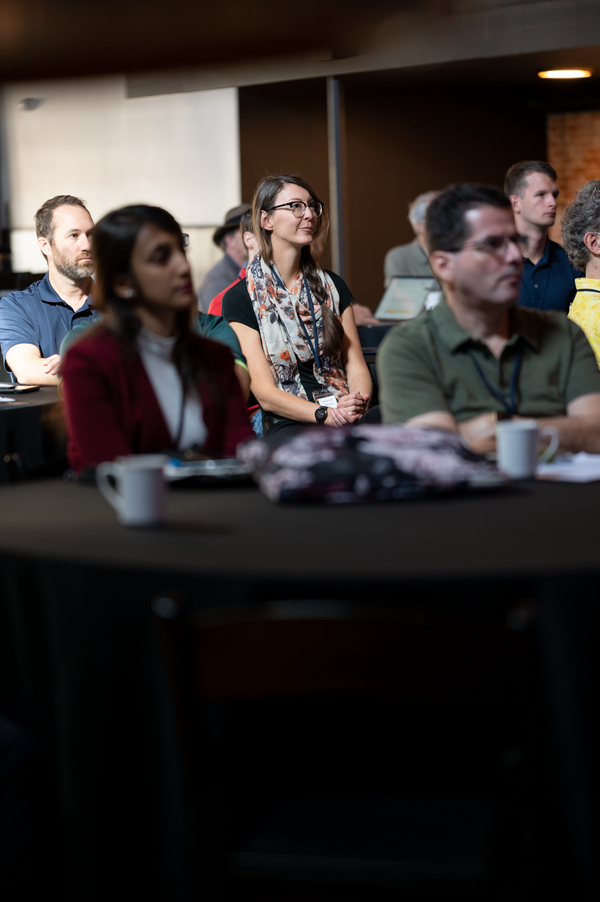

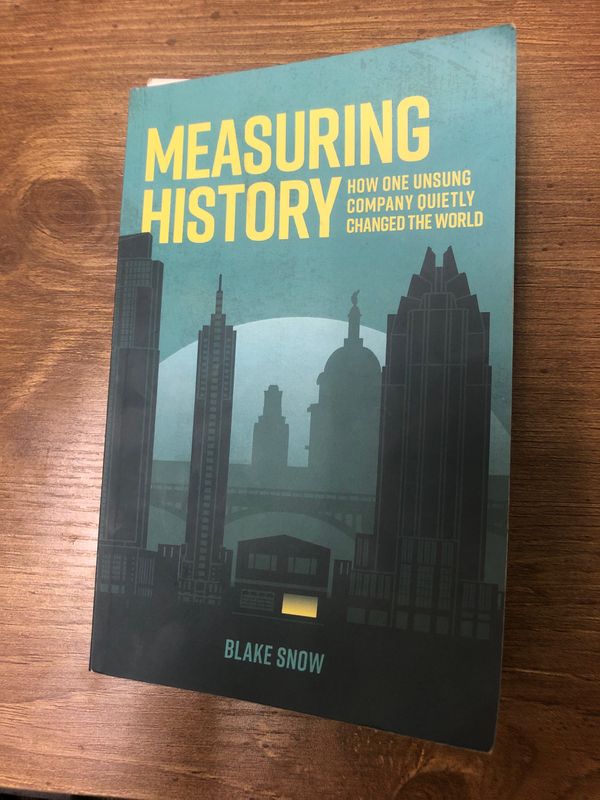

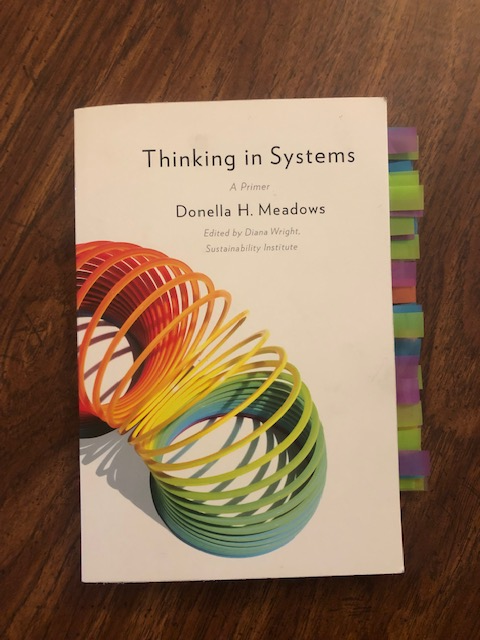

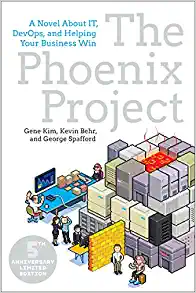
The Phoenix Project
The Phoenix Project is a must-read book for anyone who works in technology. If you have ever worked in a larger company you will immediately identify with the situation described at the beginning of the book. You have an overworked IT department that seems disorganized and is always behind on
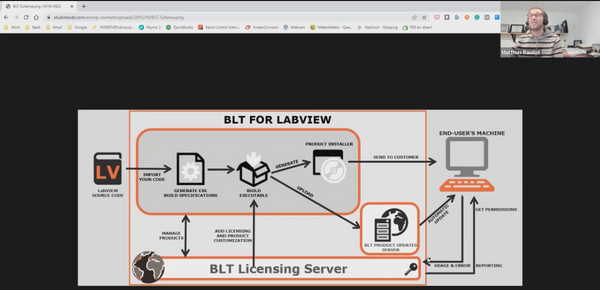

It's all about the people
So many times we try to tackle problems by throwing more technology or more process at them. Everything would be fine if we just used this new tool or followed this process. Technology and process can definitely help things to run smoother, but only if we first address the underlying




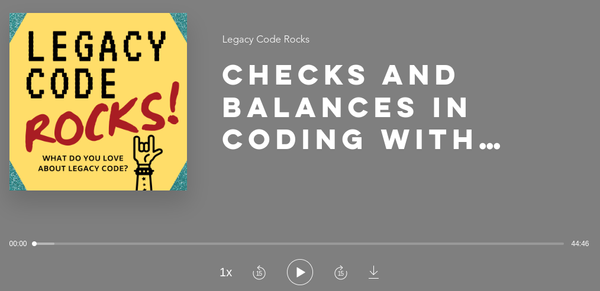

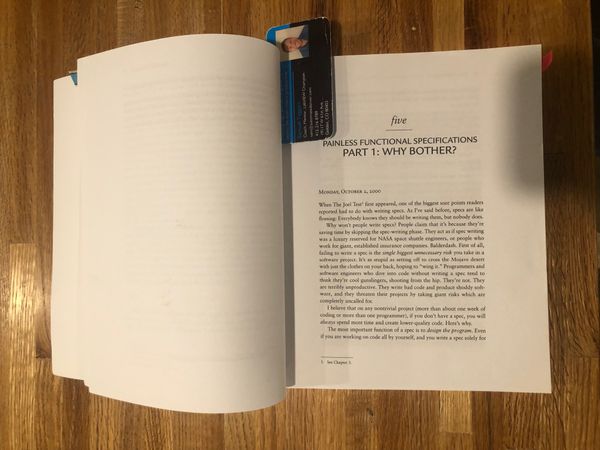
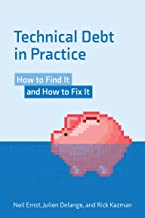

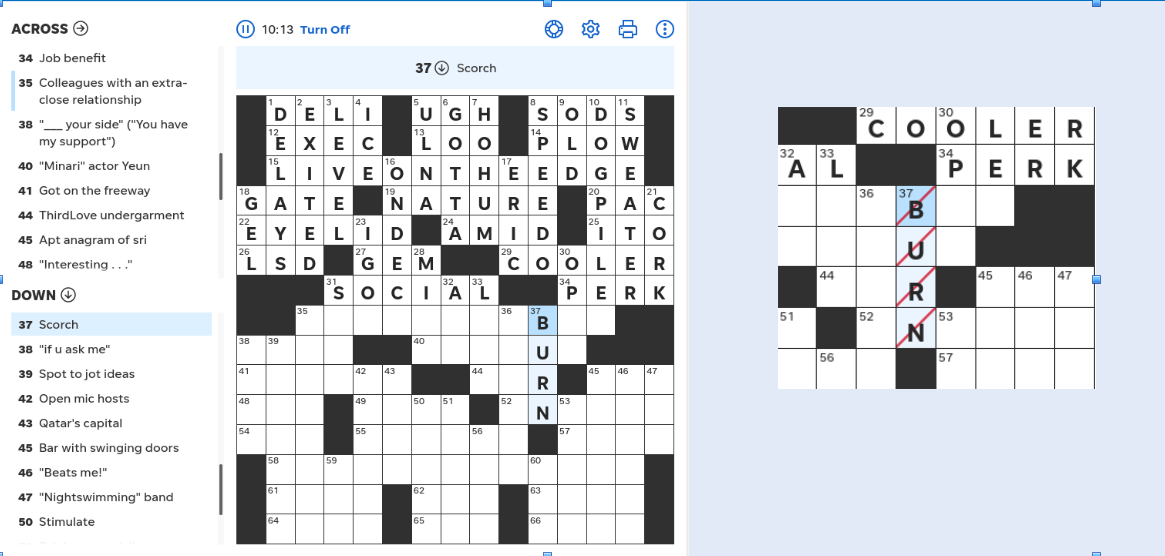
What a crossword puzzle can teach us about programming
I enjoy doing the USA Today Crossword puzzle every day. It’s fun and I like to think it keeps me sharp. It’s also free. If you google it, you’ll find it rather quickly. This particular crossword puzzle has 2 modes: expert and casual.
In expert mode, there
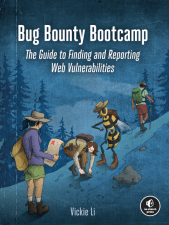
Bug Bounty BootCamp Book Review
Being a programmer, cybersecurity is an important topic. I’ve been interested in it for a while. I listen to Security Now and Darknet Diaries and have been to various hackathons. I even signed up for HackerOne. I felt like I’ve just been dabbling in it though. This book